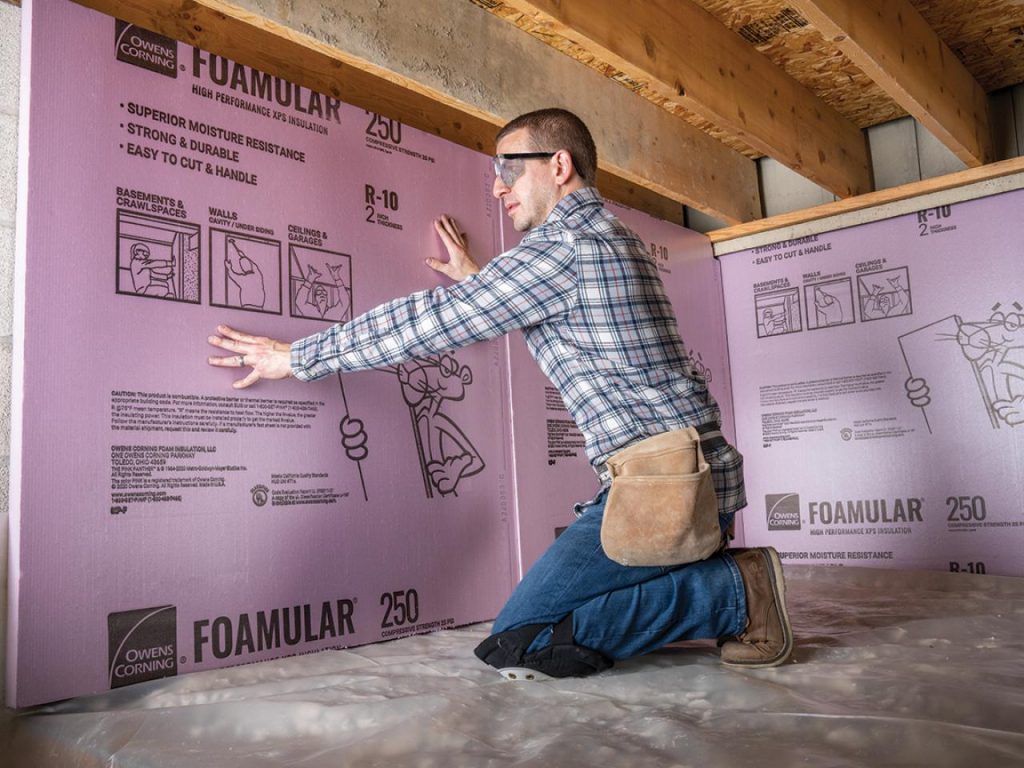Fireproof insulation plays a crucial role in ensuring the safety and protection of buildings and structures. It is designed to resist the spread of fire and minimize heat transfer, providing valuable time for occupants to evacuate and reducing property damage. In this comprehensive guide, we will delve into the world of fireproof insulation, exploring its properties, applications, and the various types available in the market.
- Understanding Fireproof Insulation:
Fireproof insulation, also known as fire-resistant insulation, is a specialized material used to prevent the spread of fire and control the transfer of heat. Unlike traditional insulation materials, fireproof insulation is specifically engineered to withstand high temperatures and resist ignition. It acts as a barrier, slowing down the progress of flames and protecting the structural integrity of buildings. - Properties of Fireproof Insulation:
Fireproof insulation possesses several key properties that make it effective in fire protection. Firstly, it has a high melting point, allowing it to withstand extreme temperatures without degrading or releasing toxic fumes. Additionally, fireproof insulation has low thermal conductivity, meaning it minimizes heat transfer and prevents the spread of flames. Furthermore, it is non-combustible, ensuring that it does not contribute to the fire's intensity or spread. - Types of Fireproof Insulation:
There are several types of fireproof insulation available, each with its unique characteristics and applications. One common type is mineral wool insulation, which is made from natural or synthetic minerals and offers excellent fire resistance. Another popular choice is fiberglass insulation, which is composed of fine glass fibers and is known for its thermal insulation properties. Additionally, there are intumescent coatings, which expand when exposed to heat, forming a protective barrier against fire. - Applications of Fireproof Insulation:
Fireproof insulation finds extensive use in various industries and settings. In the construction industry, it is commonly used in commercial buildings, residential homes, and industrial facilities to enhance fire safety. Fireproof insulation is also utilized in the automotive industry to protect engine compartments and reduce the risk of fire-related accidents. Furthermore, it plays a vital role in the aerospace sector, where it is used to safeguard aircraft interiors and critical components. - Installation and Maintenance:
Proper installation and regular maintenance are crucial for ensuring the effectiveness of fireproof insulation. It is essential to follow manufacturer guidelines and industry standards during installation to maximize its fire-resistant properties. Routine inspections and maintenance checks should be conducted to identify any damage or deterioration and promptly address them to maintain the insulation's integrity.
Conclusion:
Fireproof insulation is a vital component in fire safety measures, providing crucial protection against the spread of flames and heat transfer. Understanding its properties, types, and applications is essential for architects, engineers, and individuals involved in building design and construction. By incorporating fireproof insulation into structures, we can enhance fire safety and protect lives and property from the devastating effects of fire.

More Stories
彩色裝飾建築膜:重塑香港家居與建築美學的新選擇
Common Problems and Solutions in Architectural Tempered Glass Installation
Non-invasive pipeline repair: a "minimally invasive surgery" for underground pipelines